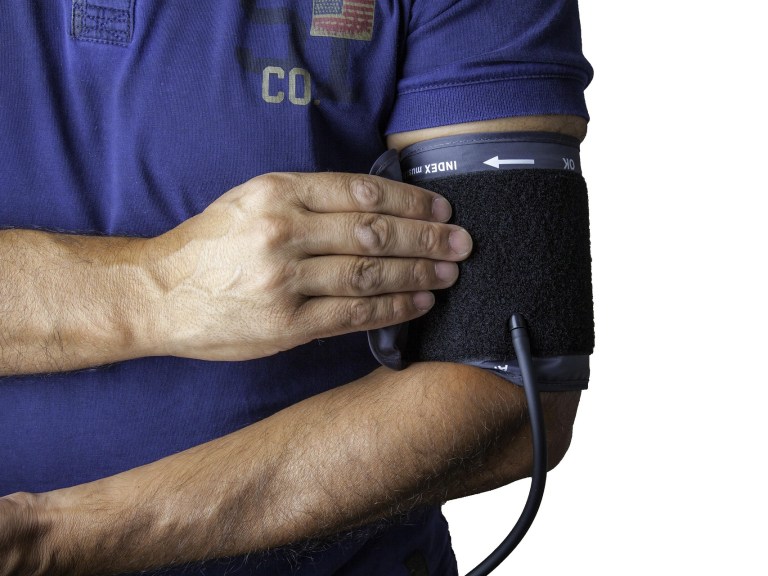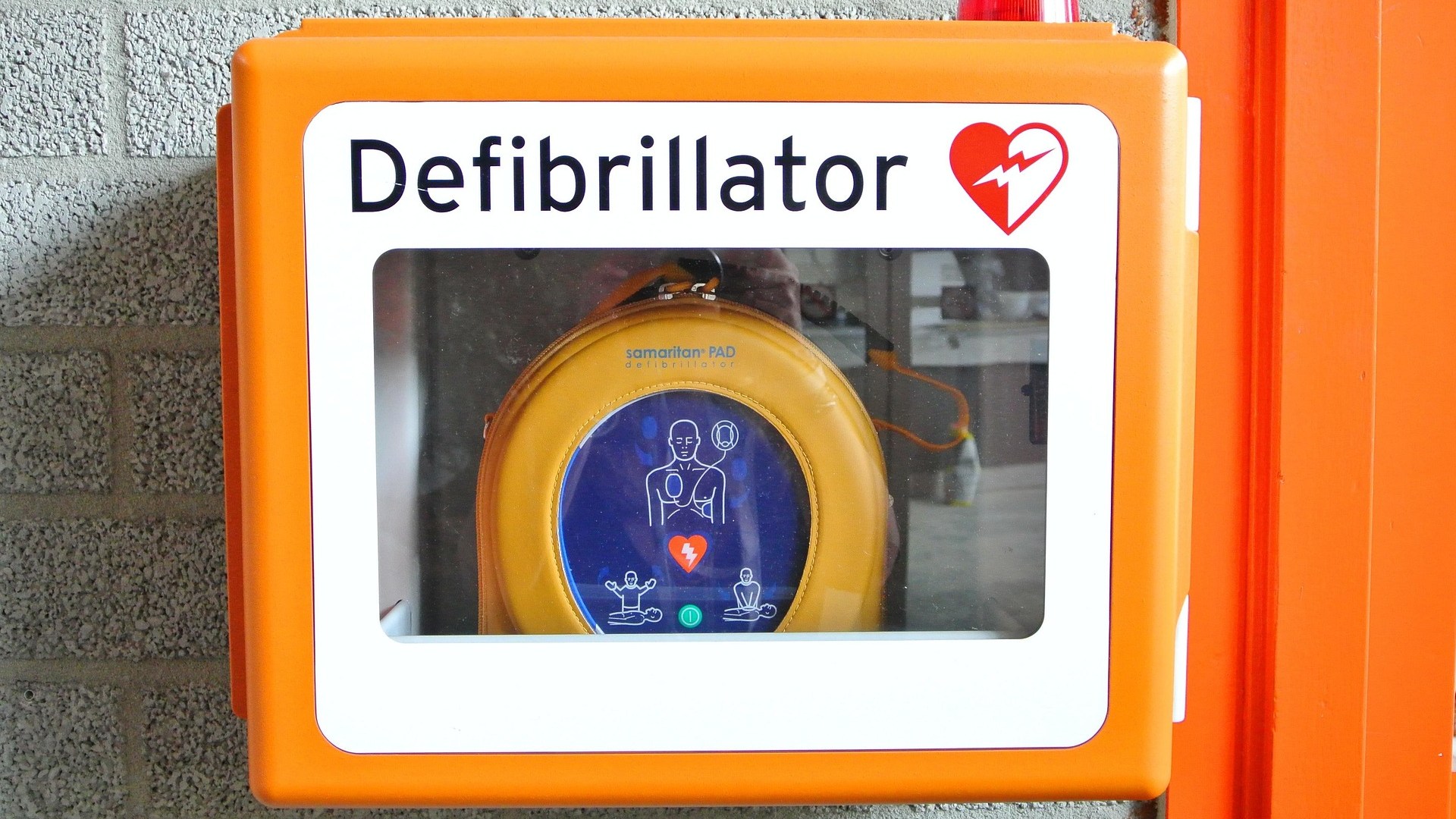Heart Health
Heart Health
Cardiovascular diseases continue to be the number one cause of death worldwide. Harvard experts are leading the way on advancements in prevention, treatment, risk assessment, and innovative breakthroughs.

Are you at risk for heart failure?
More than 7 million people in the U.S. struggle with heart failure, a chronic, progressive, life-threatening condition in which the heart doesn’t pump as well as it needs to, but new tools are emerging to help identify this elusive disease.

The decline in heart-related deaths has slowed. Why?
Experts believe too many people are ignoring lifestyle practices like healthy diets and regular exercise, and medical professionals need to be more aggressive about preventive care.
Explore why more awareness about the urgency of heart disease is needed

What makes patients so casual about matters of the heart?
According to experts, heart disease has a surprising problem; It’s not scary enough.
Learn why the number one cause of death in the U.S. isn’t being taken seriously

Did you know?
Millions of people worldwide benefit from devices that regulate heart rhythm and shock the heart out of lethal arrhythmias to prevent sudden cardiac death. These devices, including the pacemaker and defibrillator, were developed by Paul Zoll in the 1950s while a professor at Harvard Medical School.
Prevention is the key to heart health
Explore recommendations from Harvard experts on ways to avoid or alleviate cardiovascular disease.
Pay attention to plant-based protein
Increasing the ratio of plant-based protein in your diet may reduce your risk of cardiovascular disease and coronary heart disease.
Keep it moving
Whether you exercise throughout the week or just on weekends, getting 150 minutes of movement per week reduces the risk of developing more than 200 diseases.
Avoid a sedentary lifestyle
Even with regular exercise, research shows that sedentary behavior can increase your risk of heart failure by up to 60%.
Lower stress through exercise
New research indicates that physical activity lowers cardiovascular disease risk in part by reducing stress-related signaling in the brain.
Cut down on salt
There is a direct association between the amount of salt we eat and high blood pressure, which is the most important risk factor for cardiovascular disease across the globe.
Take advantage of new technology
Three biomarkers in blood can better predict the risk of major cardiovascular events in women decades earlier than previous tests, giving them more time to address their risk with lifestyle changes and therapeutics.
Heart breakthroughs
From identifying risk factors to discovering treatments for heart disease, researchers at Harvard continue to make strides in understanding the heart and how to keep it healthy.

New study suggests weight loss drugs may protect heart patients
High-risk patients with heart failure had a 40% lower risk of hospitalization or death after initiating weight-loss drugs semaglutide or tirzepatide.
New study suggests weight loss drugs may protect heart patients- Risk
Women with experience being stalked or who have obtained a restraining order were significantly more likely to develop cardiovascular disease
- Treatment
A new study offers clues into how to treat deadly aortic aneurysms and hypertension
- Risk
Cancer immunotherapy can potentially fuel heart inflammation in some patients
- Prevention
Sugary drinks increase the risk of cardiovascular disease, regardless of how much you exercise
- Risk
People with diabetes are twice as likely to have a heart attack or stroke compared with those without diabetes

Making Medicine
Researchers at Harvard Medical School have made strides in treating hypertrophic cardiomyopathy, an often inherited disease marked by abnormally thickened heart muscle that can result in heart failure, arrhythmia, and sudden cardiac arrest.
The world around us
Diet and exercise aren’t the only factors that can impact your heart. Increasingly, research is showing how our environment can influence our cardiovascular health.
Being exposed to lingering fine particulate matter from wildfire smoke can have health effects up to three months afterwards.
Certain types of extreme weather, like hurricanes and extreme temperatures, are linked to heart disease.
Experts explain how air pollution affects the heart, what components of air pollution are most dangerous, and steps people can take to protect themselves.
Know by heart
Being your own health advocate means keeping up with common medical terminology.
LDL
An abbreviation for low-density lipoprotein (a substance made up of fats and protein). This so-called “bad cholesterol” can build up on artery walls, narrowing the artery and making a heart attack or stroke more likely.
HDL
An abbreviation for high-density lipoprotein, the so-called “good cholesterol.” This lipoprotein is believed to remove cholesterol from the arteries.
Systolic pressure
The first or top number in a blood pressure reading; a measure of the pressure blood exerts against arterial walls when the heart contracts.
Diastolic pressure
The bottom number of a blood pressure reading. It represents the pressure in the arteries when the heart relaxes between beats.
Atherosclerosis
The buildup of fatty deposits (plaque) in the walls of arteries, causing narrowing and reduced blood flow; the disease responsible for most heart attacks and many strokes.
Anemia
Having a lower than normal amount of red blood cells or hemoglobin (an oxygen-carrying protein inside red blood cells), leading to low energy, weakness, and other symptoms.
Centers and institutes
Explore centers and institutes at Harvard and our affiliated hospitals that are moving the needle on heart-related research.
You may also like